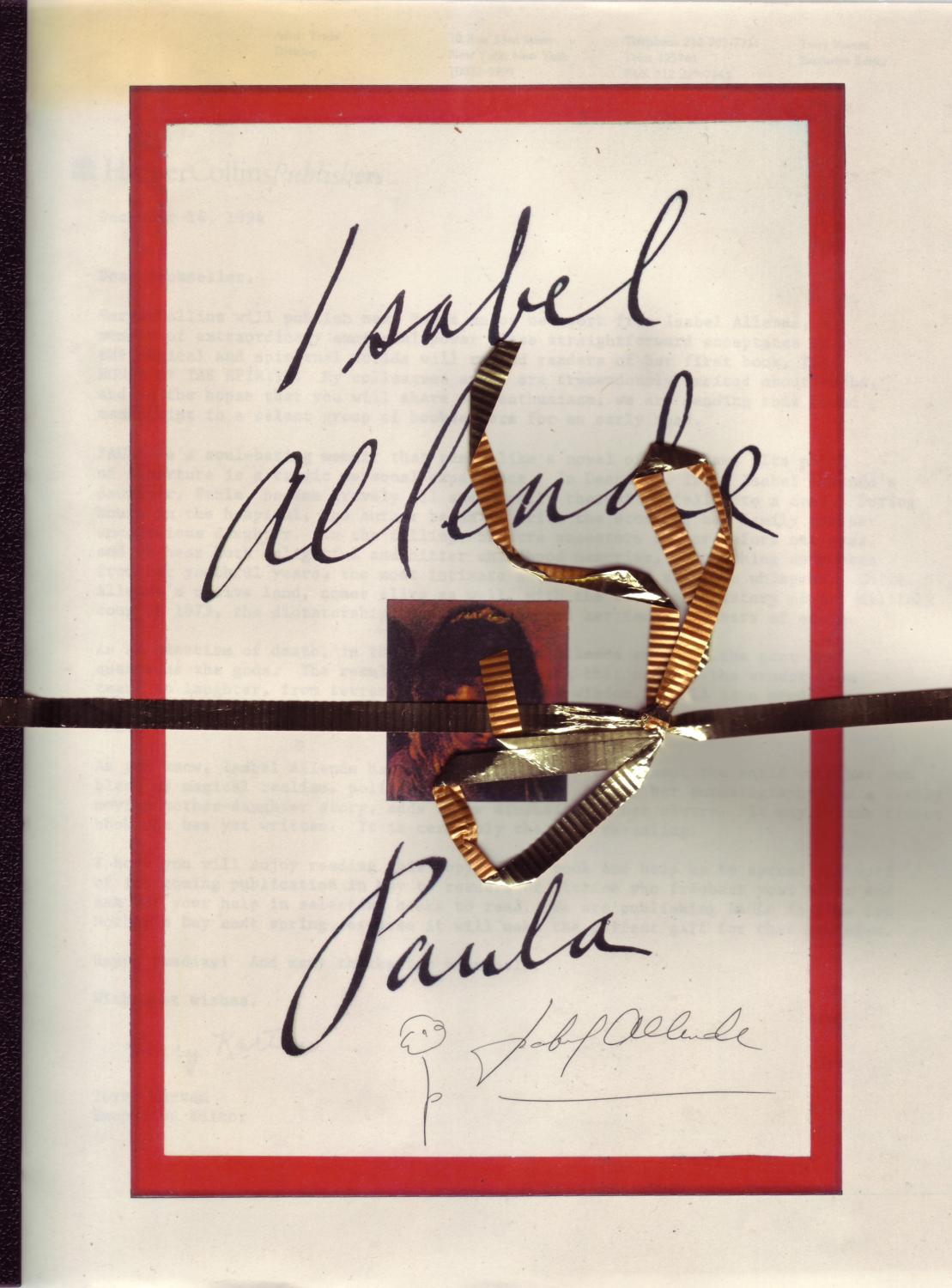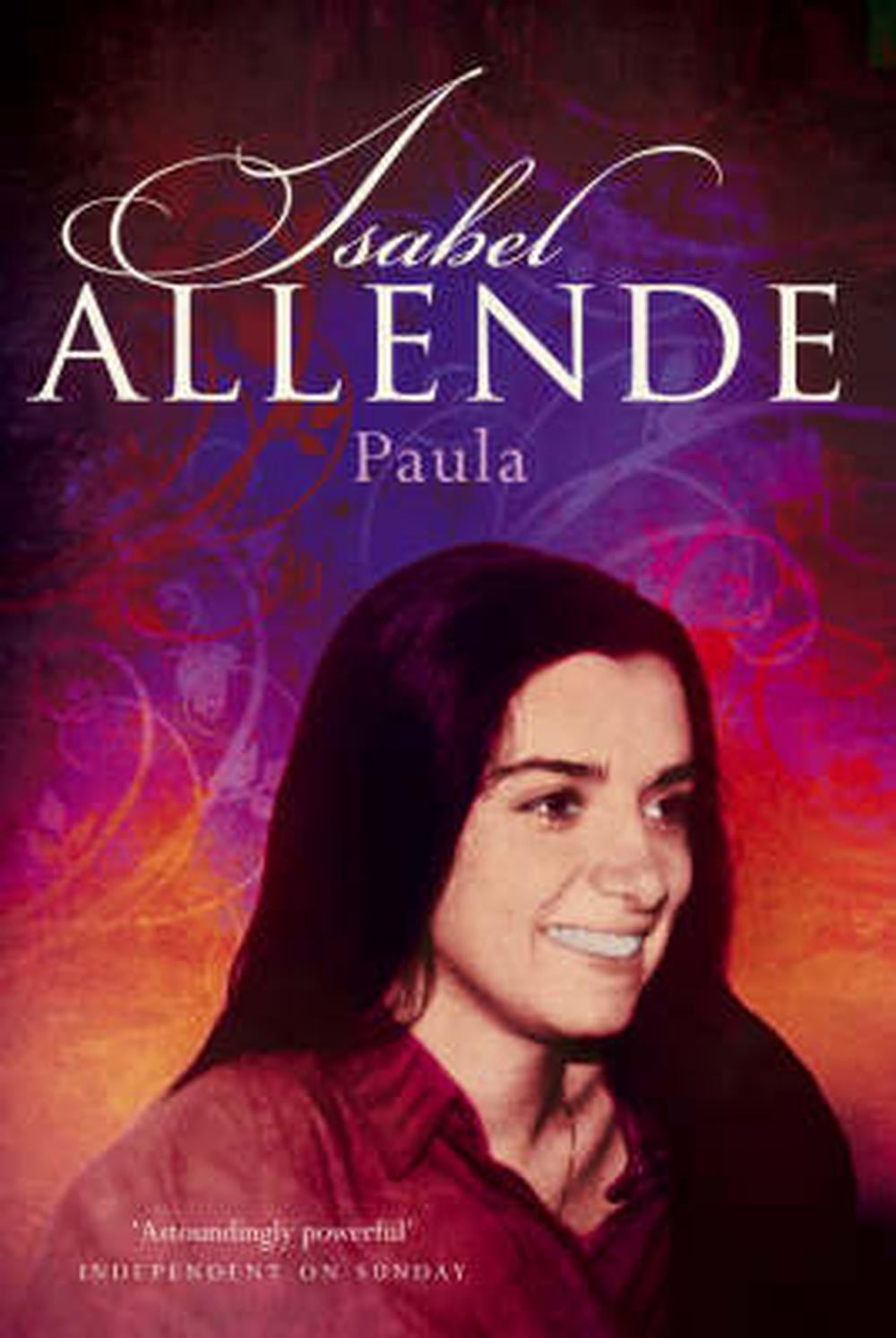
In another time, we will be reunited in spirit. Please don't be sad, I am still with you, except I am closer than I was before. Freed from it, I will be closer to those I love. I do not want to remain trapped in my body. In the letter Paula wrote her family on her honeymoon, with the proviso that it was not to be read until after her death, she appears to have foreseen her coma, and her mother's refusal to let her die:.'You're all of them, and also the samurai who is battling death.' Am I the feminist I thought I was, or the frivolous girl who appeared on television wearing nothing but ostrich feathers? The obsessive mother, the unfaithful wife, the fearless adventurer, or the cowardly woman? Am I the person who helped political refugees find asylum or the one who ran away because she couldn't handle fear? Too many contradictions. 'I'm lost, I don't know who I am, I try to remember who I was once but I find only disguises, masks, projections, the confused images of a woman I can't recognize. In her agonized self-questioning after she finally concedes defeat and surrenders her daughter to death, Isabel strips to her core in the presence of her brother Juan, who has become a priest:.She was survived by her husband, Ernesto Diaz, and other family members.

The novel includes accounts both of Paula's treatment and of Allende's life, sometimes overlapping with the content of Allende's first novel, The House of the Spirits.

Allende started the book as a letter to Paula, explaining what she was missing so she would not be confused when she recovered. Isabel Allende wrote Paula while tending to her daughter, Paula Frías Allende, who was in a coma arising from complications of porphyria.

But the book is a tribute to her deceased daughter Paula Frías Allende, who fell into a porphyria-induced coma in 1991 and never recovered. She intended to write a straightforward narrative about the darkest experience of her own life.
Paula is a 1994 memoir by Isabel Allende.


 0 kommentar(er)
0 kommentar(er)
